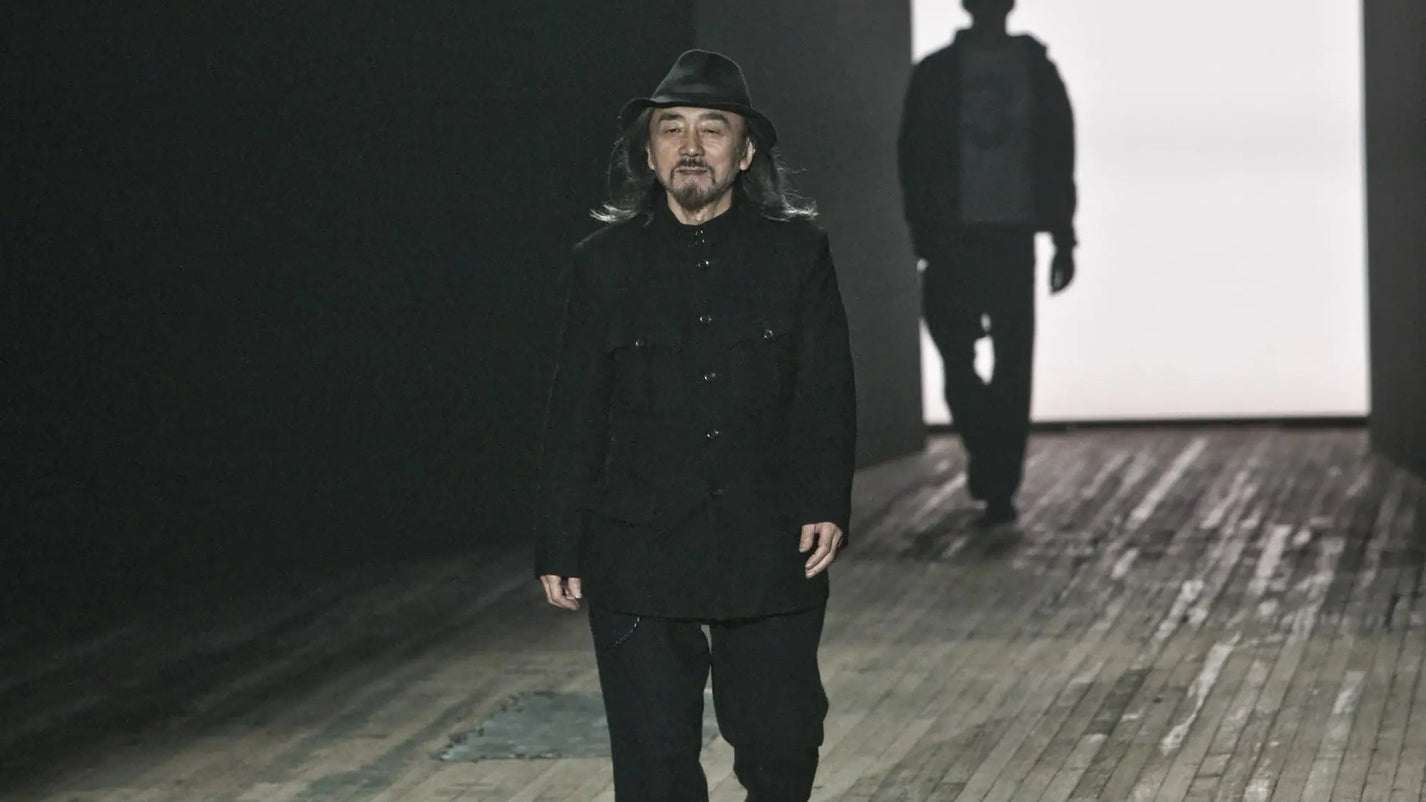
Why Japanese Fashion Brands Hold an Influential Position in the Global Industry
Japan has long been a powerhouse in the global fashion industry, known for its unique blend of tradition, innovation, and subculture-driven aesthetics. From high-end luxury labels to avant-garde designers and streetwear giants, Japanese fashion brands have made a profound impact on how the world perceives and consumes style. But why does Japan hold such an influential position in fashion? Let’s explore the key factors that contribute to its prominence.
1. The Legacy of Avant-Garde Designers
Japan’s influence in high fashion can be traced back to the groundbreaking work of avant-garde designers like Yohji Yamamoto, Rei Kawakubo (Comme des Garçons), and Issey Miyake. These designers challenged Western fashion norms in the 1980s with deconstructed silhouettes, monochrome palettes, and an emphasis on conceptual design. Their radical approach not only gained critical acclaim but also reshaped how fashion houses approached creativity, making Japanese design synonymous with innovation and intellectual depth.
2. The Intersection of Tradition and Modernity
Japanese fashion is deeply rooted in traditional craftsmanship while embracing cutting-edge technology. Brands like Visvim and Junya Watanabe integrate historical dyeing techniques, artisanal fabrics, and hand-stitched details into modern silhouettes. Meanwhile, Uniqlo has revolutionized everyday wear by incorporating advanced textile technology, such as HEATTECH and AIRism, making high-quality fashion both accessible and functional.
3. The Global Streetwear Movement
Japanese streetwear brands have played a pivotal role in shaping global urban fashion. A Bathing Ape (BAPE), Undercover, Neighborhood, and WTAPS were instrumental in pioneering high-end streetwear long before it became mainstream. Tokyo’s Harajuku district served as the breeding ground for experimental styles, blending skate culture, hip-hop influences, and traditional aesthetics. Today, Japanese streetwear remains a major influence on brands like Supreme, Off-White, and even luxury houses such as Louis Vuitton.
4. Precision, Quality, and Craftsmanship
Japanese fashion is synonymous with an unparalleled commitment to craftsmanship and detail. Whether it’s the perfectly tailored pieces from Sacai or the handcrafted denim from brands like Evisu and Kapital, Japanese designers prioritize quality over mass production. This dedication to precision and durability has cemented Japan’s reputation as a leader in luxury and artisanal fashion, appealing to both niche enthusiasts and global consumers.
5. The Rise of Minimalist and Functional Fashion
Japan has also shaped the world’s obsession with minimalist fashion. Brands such as Muji, Uniqlo, and The Row (which draws inspiration from Japanese aesthetics) promote the philosophy of simplicity, functionality, and sustainability. Their designs emphasize clean lines, neutral colors, and high-performance materials, influencing global trends in “quiet luxury” and normcore dressing.
6. A Unique Consumer Culture That Drives Trends
Japanese consumers have a deep appreciation for fashion, fostering an environment where both experimental and timeless styles thrive. Unlike fast fashion-driven markets, Japan embraces niche subcultures, allowing for the co-existence of goth, Lolita, techwear, and heritage workwear under one fashion ecosystem. This diversity has inspired designers worldwide to push creative boundaries and rethink conventional style norms.
7. Collaborations That Bridge High Fashion and Subculture
Japan excels at collaborations that merge high fashion with subculture influences. From Nike x Sacai and Louis Vuitton x NIGO to Comme des Garçons x Converse, Japanese designers masterfully blend mainstream appeal with underground credibility. These partnerships continue to shape the global fashion landscape, making Japanese brands key players in the industry.
Japan’s enduring influence on global fashion stems from its rich heritage, uncompromising quality, and fearless approach to innovation. Whether through avant-garde design, cutting-edge streetwear, or minimalist everyday essentials, Japanese brands have left an indelible mark on the fashion industry. As global trends evolve, Japan’s role in shaping the future of fashion remains as pivotal as ever.










